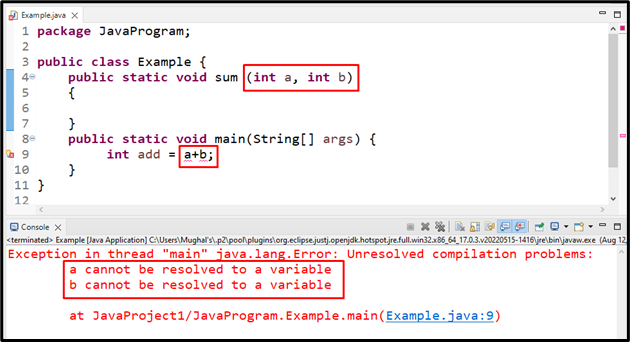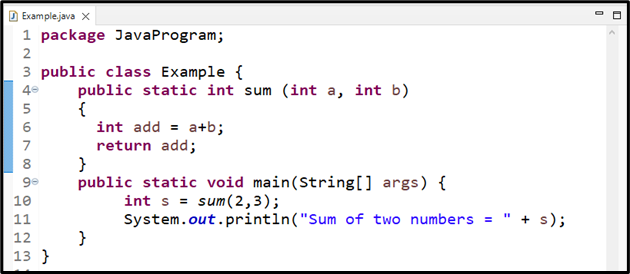Game
How to Fix Java “cannot be resolved to a variable” Error
In the realm of Java programming, programmers immerse themselves in a world where symbols take center stage. These symbols, meticulously placed in symbol tables, play a vital role in the compilation process. As class, variable, and method declarations come into play, their identities become intertwined with corresponding entries in the symbol tables. Symbol tables, acting as crucial data structures, are meticulously crafted by compilers to house valuable information utilized within the source code.
The moment the Java compiler encounters an identifier-like variable that cannot be found in the symbol table, it triggers the “cannot be resolved” error.
This article will explore the indicated mistake and provide a solution to resolve it.
The prevalent reason behind this error is often the absence of variable declaration. It is commonly experienced when variables and methods are referred to outside their designated scope or when an undeclared variable is referenced.
In the provided code snippet, the “a” and “b” variables will be accessed in the main() method, even though they are declared in the “sum()” method. As a result, a Java error “cannot be resolved to a variable” is thrown due to the inaccessibility of the specified variables within the current scope. Hence, in Java, it is necessary to declare a variable within the scope before utilizing it.

Now, let’s explore the techniques associated with resolving the specified mistake.
How to fix the Java “cannot be resolved to a variable” Error?
In order to rectify the aforementioned error, one must utilize the variable within its designated scope. The utilization of curly brackets in Java, symbolized as “{ }”, serves to demarcate the class, functions, and diverse methods’ scope.
In this provided example, we shall declare the variables “a” and “b” within the “sum()” function. Consequently, the scope of said variables is confined to the curly braces of the mentioned method.
Public static int total (int a, int b).
Int sum = a+b;.
Return add;.
In the main() method, we can obtain the sum of variables by invoking the “sum()” method and assigning the result to an integer variable named “s”.
Public static void main(String[] arguments) {.
Int s = addition(2
System.Out.Println(“The sum of the two numbers is ” +

In the provided instance, we have made use of the stated variables within their range and accessed them without any difficulty.

We have compiled all the basic information about what “cannot be resolved to a variable” error is and how to fix it.
Conclusion
In order to resolve the “cannot be resolved to a variable” error in Java, one must ensure that the variable is declared within the appropriate scope for its usage. The absence of a variable declaration is a prevalent cause of this error, underscoring the importance of declaring variables prior to their usage within the given scope. This article delves into the causes of the aforementioned error and outlines the steps to rectify it.
About the author

Having successfully attained my master’s degree in computer science, I have delved into the realm of academia as a dedicated researcher, driven by an insatiable appetite for knowledge and a fervent enthusiasm for exploring and documenting cutting-edge technologies. My ardor for writing knows no bounds, as I ardently endeavor to impart my experiences and insights to a global audience.
